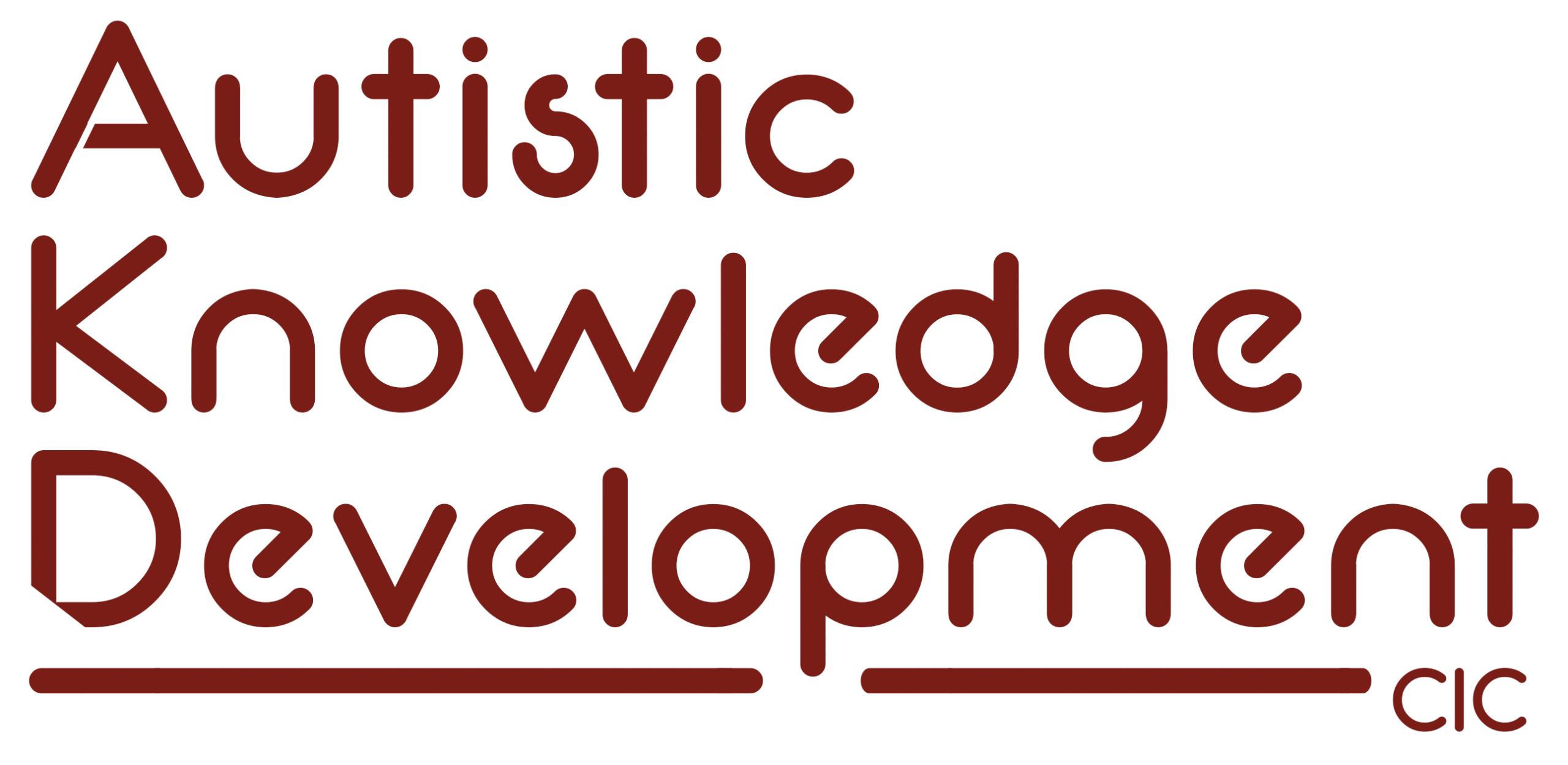Reasonable Adjustments and Benefits: A Guide for Autistic Adults
Part of the Embrace Autism Resource Series
Summary
This guide explores the legal rights, reasonable adjustments, and potential benefits available to autistic adults in Scotland. It aims to provide a balanced view by sharing both the opportunities and challenges associated with accessing these supports.
The guide also highlights helpful organisations that can offer practical assistance.
1. Introduction
This guide explores reasonable adjustments and benefits through a neuro-affirming lens. It is based on a video in the Embrace Autism series, created by Autistic Knowledge Development.
The Embrace Autism programme supports autistic adults in Scotland who are exploring their identity after learning they are autistic.
2. Understanding Legal Protections
While not all autistic people describe autism as a disability, it is classified as one under equality and human rights legislation to ensure legal protections. The Equality Act 2010 and the UN Convention on the Rights of Persons with Disabilities are key documents providing rights in areas like employment, education, and access to services.
3. What Are Reasonable Adjustments?
Reasonable adjustments are legally protected changes that should be made to help remove barriers for disabled people. These may apply in workplaces, educational settings, and when accessing services.
Examples of Reasonable Adjustments include:
-
- Using assistive technology
-
- Having information in accessible formats (like transcripts)
-
- Flexible communication options
-
- Adjusted deadlines or working environments
Employers or organisations are only required to make adjustments considered reasonable, based on practicality and cost. While helpful in theory, access to adjustments is often inconsistent in practice.
4. The Reality of Accessing Support
Many autistic adults report challenges accessing reasonable adjustments. Sometimes asking for adjustments can lead to unintended negative consequences, particularly in the workplace. Large organisations often hold more power, and experiences can vary depending on how inclusive the environment is.
It is important to weigh up the pros and cons. Understanding your rights is essential, but so is recognising that requesting adjustments may not always be straightforward.
5. Personal Reflections
Some autistic people have experienced negative outcomes after being open about their diagnosis or asking for adjustments. Others have found adjustments helpful in creating a more accessible environment.
It is a personal decision, and there is no single right answer. What matters is having enough information to make an informed choice.
6. Support Services and Where to Get Help
You do not have to navigate this alone. There are organisations across Scotland dedicated to helping autistic people access support and understand their rights.
Acas (Advisory, Conciliation and Arbitration Service)
Acas, the Advisory, Conciliation and Arbitration Service, provides free and impartial advice to employers, employees and their representatives on
- employment rights
- best practice and policies
- resolving workplace conflict
EASS (Equality Advisory & Support Service)
EASS, the Equality Advisory & Support Service, has a helpline that advises and assists individuals on issues relating to equality and human rights, across England, Scotland and Wales.
7. Key Takeaways
-
- Autism is legally protected under the Equality Act 2010, offering rights to reasonable adjustments.
-
- Reasonable adjustments should remove barriers, but may not always be accessible or risk-free to request.
-
- Each person’s situation is unique. Consider the potential outcomes before disclosing or requesting adjustments.
-
- Support is available, organisations like Citizens Advice Scotland and Scottish Autism can guide you.
-
- You are not alone in this. Help exists, and your rights matter.
8. Watch the Embrace Autism Video: Reasonable Adjustments & Benefits
Get In Touch
Fill out the form to reach out, ask a question, or let us know you are interested in joining the Embrace Autism Programme.
We are here for autistic adults in Scotland seeking support, community, and understanding.



